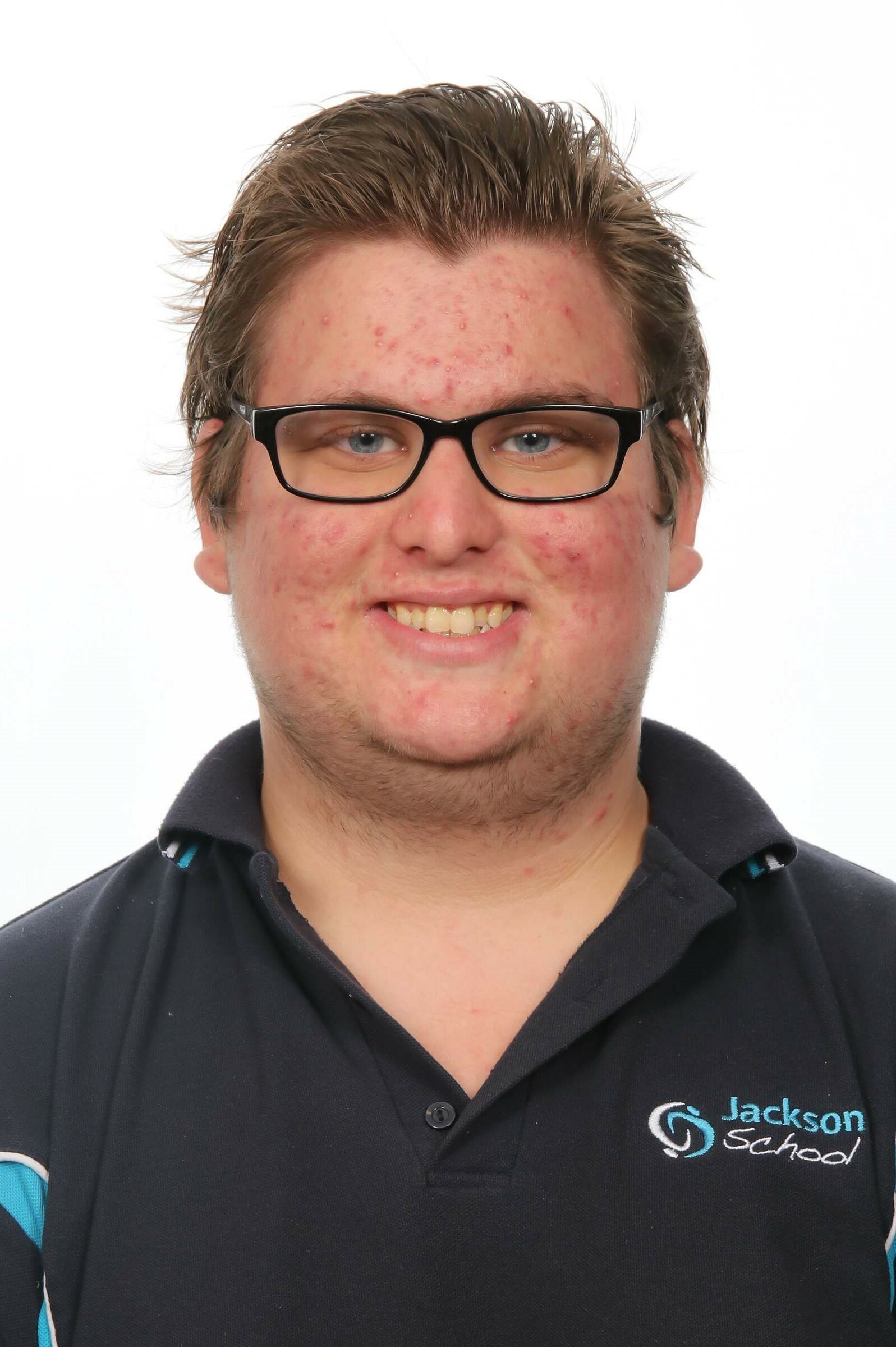
Photo by Ivan Aleksic on Unsplash
For Year 7, I started at a little school in the NSW outback with an enrolment of 150 students from K-12. At first, there were no problems, then things started to go wrong, writes William McIntosh.
Content note: Descriptions of bullying, ableism and a mention of suicide.
Pre-School
When I started pre-school, I couldn’t talk. I had picture cards. My parents had been told that I would never speak.
My pre-school had everything I needed. My teacher was special-ed trained and she was great. By the end of that year, I had learned to speak.
Early Primary
The principal at my first primary school didn’t want me at first, because he thought I might destroy the NAPLAN numbers (I found that out when my mum told me). I had funding though. They wanted me for the funding.
The school was in an old building with stairs which, back in those days, I couldn’t do on my own, but the school asked my occupational therapist to assess the stairs so that they would be accessible for me.
I felt like I belonged, as there were many students with disabilities in my class.
Late Primary
When I was in Year 3, we moved house. My new school was a lot of fun. I became School Captain, Sports Captain, an SRC Member, Minnie Vinnies Vice President and a Peer Support Leader.
Mainstream High School
For Year 7, I started at a little school in the NSW outback with an enrolment of 150 students from K-12.
At first, there were no problems, then things started to go wrong.
The school had no experience of IEPs (Individual Education Plans) for students with disabilities, and staff were uneducated in the ways to assist students with disabilities to grow to our full potential.
The main aide was very nice, but they would do the work instead of assisting.
The Learning and Support Teacher seemed inexperienced. She didn’t know what IEPs were and she followed the written advice to a poor level. The curriculum wasn’t adapted to meet my educational needs (under 70 IQ).
The only work adaption was enlarging worksheets from A4 to A3.
I was also bullied, physically and verbally.
Some students at the school made my life hell by swearing at me, calling me bad names and throwing a can of coke and fruit at me. Some girls in my class wrote me anonymous love letters to just gang up on me.
There was also a young man in Year 12 who called me names and followed me to and from school.
I got told that I was an eff up in the head retard that should go and kill himself because I didn’t have anything to be successful with.
When that was said, I just ran out of the class.
I was followed by one of my best friends to the boys’ toilets and I just sat there crying and praying to God. My friend supported me through the bullying. He was the son of a police officer, and he told me to go to the police after the school had told me not to. The bully was given a warning.
My year advisor made a group called “Anti Bullying” (a program for the bully and the victim to talk things through), but I didn’t feel comfortable being asked to talk to the bully.
In the end, my teachers, my year advisor, the principal and the education support people talked to my parents about what should be done. I wasn’t invited to be part of the talk about my education, and I felt betrayed by that.
SSPs

William McIntosh
After that, my parents decided to take me out of mainstream school and enrolled me at my first SSP (School for Specific Purposes or Specialist School). I felt I belonged. These were my people with the same impairments as me (some of them, at least).
I started an SRC (Student Representative Council) and was awarded the Director’s Award of Excellence.
I later moved to Western Sydney, where the only SSP placement was 40km away. My mother had to drive me every day until travel was arranged (which took 3 months). The school wasn’t able to fully meet my educational needs because the majority of the students had higher needs then me, so I only stayed for a year. The teachers found that I had a greater potential and needed to go to a different school. I missed my friends when I left.
I moved to Melbourne for Year 10, my last school until I graduate in 2020, which, in fact, I am looking forward to.
William McIntosh is 18 years old and lives in Melbourne. He has 5 sisters, 3 brothers, 4 nephews, 4 nieces and a support dog named Arlo. He is currently in Year 12 studying VCAL.
Our Voice is a series of guest blogs by members of our community who have been affected by violence, abuse, neglect or exploitation. Like the Disability Royal Commission, we want to spotlight the voices of ordinary people with disability telling their own stories.
Find out more about students with disability and related Disability Royal Commission hearings at our education info page.

